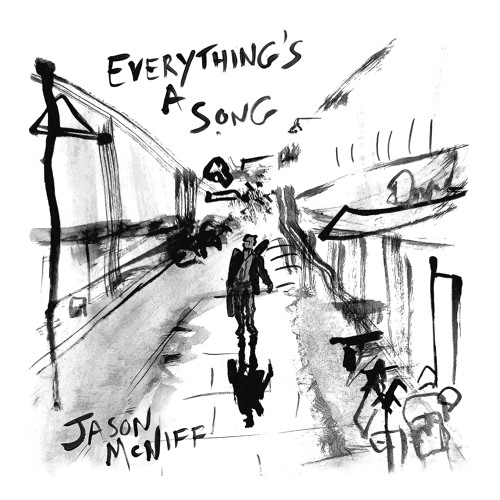
Once again proving that Americana is a state of mind and not a geographical concern, Martha Fields delivers another excellent album of songs infused with southern rock, bluegrass and Appalachian folk, recorded in France with her all French band, on Bramble Bridge.
Blabber’n’Smoke has previously referred to Fields’ cohorts as her version of Emmylou Harris’ Hot Band and we still have vivid memories of the incendiary shows they delivered when they toured the UK several years ago. Fields herself first came to attention calling herself “Texas Martha,” offering a twang fuelled honky tonk sound on her debut release while on later albums she delved more into her other Southern roots, the songs more swampy and rural. The album title here refers to a small bridge in Wayne County, West Virginia, recalled from her childhood, but it also alludes to the numerous metaphorical bridges she has crossed to get to where she is today.
As to where she is today, the answer is, no pun intended, at the top of her field. Bramble Bridge is an excellent album which channels classic country rock as she delivers a solid set of songs, her gutsy voice well to the fore as the band wheel and deal in a variety of manners. One listen to the central song here, Are You Ready For The Country, a song which belts along like a freight train driven by Merle Haggard with The Nitty Gritty Dirt Band as the engineers stoking the fire should be enough to entice even the most jaded listener (and a shout out here to harmonica player Christophe Depeu who is quite the wizard here).
There’s more than a shade of autobiography on Are You Ready For The Country and this is maintained on The Country Roads Of France, a jaunty fiddle laced number which is a road diary of sorts while the bluegrass infused Biscay Bay finds Fields in her most contented mood as she wriggles her toes in the sand on an idyllic Spanish beach, looking across the ocean towards her homeland. She just about sums up her journey on the fleet footed bluegrass inflected opening song All I Know and the muscular Southern soul groove of Party Marty brings her bang up to date as Fields and her band collectively let their hair down as she sings “Is she Texan or Okie hillbilly?, Marty and the boys are going to rock the joint tonight,” which they then proceed to do on a song which is sure to be a live favourite.
It’s a measure of ingrained attitudes that one expresses surprise that a bunch of French musicians can sound so good. So apologies and kudos to Fields’ band – Manu Bertrand (dobro, banjo, lap steel, resonator, mandolin, pedal steel), Urbain Lambert (electric guitar), Olivier Leclerc (violin), Serge Samyn (double bass) and Denis Bielsa (drums) – whether dripping into the amalgam of Southern rock and rustic back porch on Irene’s Mountain Railway or adding a ghostlike neon sheen to Roseabelle’s Ghost, these guys are the real deal.
Above all else, Fields commands attention throughout on what is her most fully realised album to date. Her voice, her songs and her presence resonate throughout and she brings the album to a close on a grand note with an emotionally weighted cover of Wayfaring Stranger, sung as if she were staring into the jaws of hell.
We might be out of the EU but buying a copy of Bramble Bridge might just be the first step in re-establishing relationships, building bridges if you like. If that goes belly up, at least you’ll have an album to savour. Hopefully Martha and her band can find an inflatable sometime soon and cross the channel to amaze us once again.

